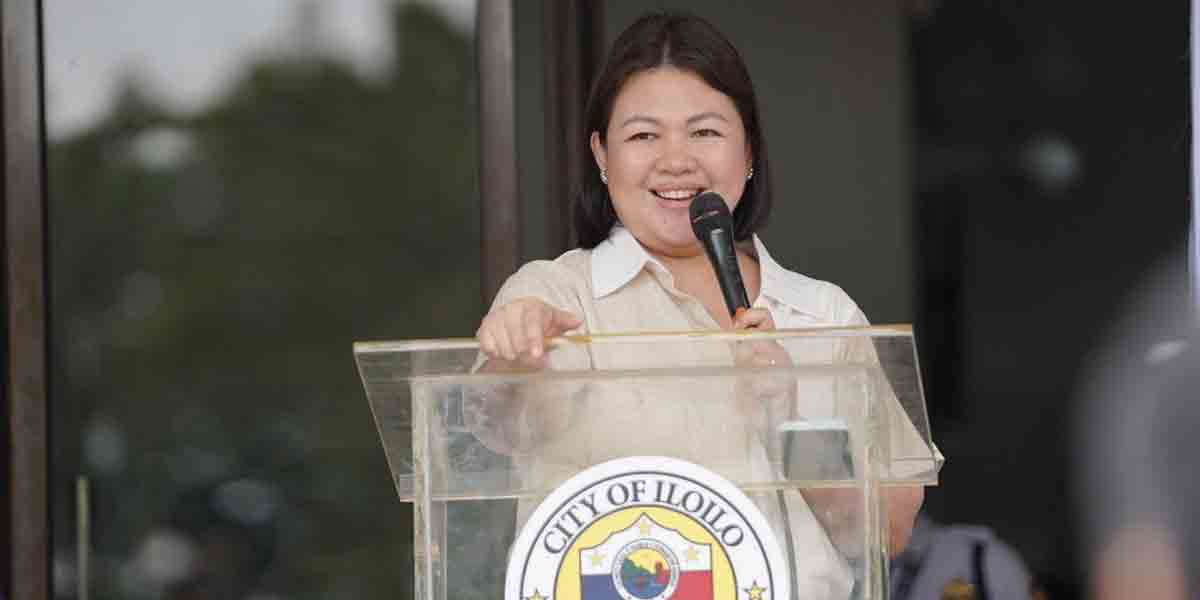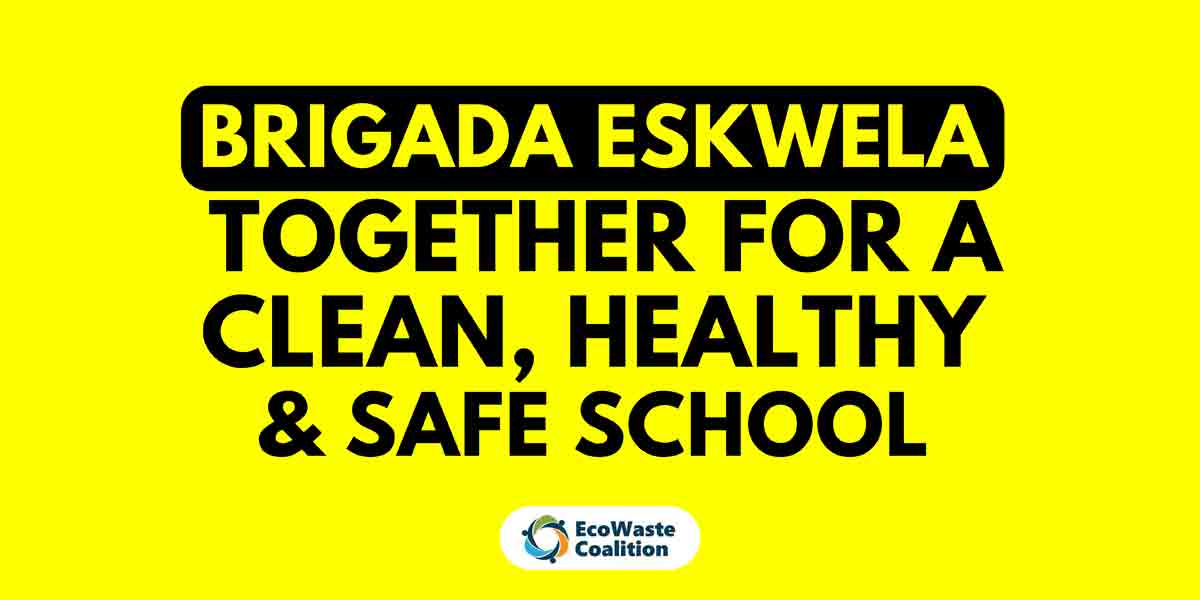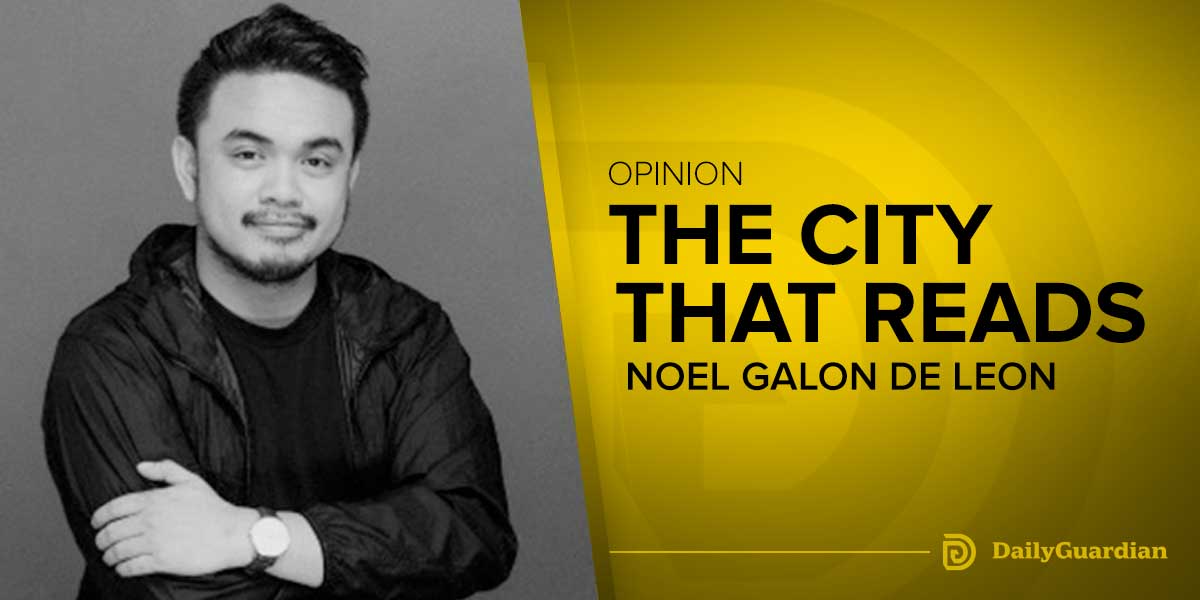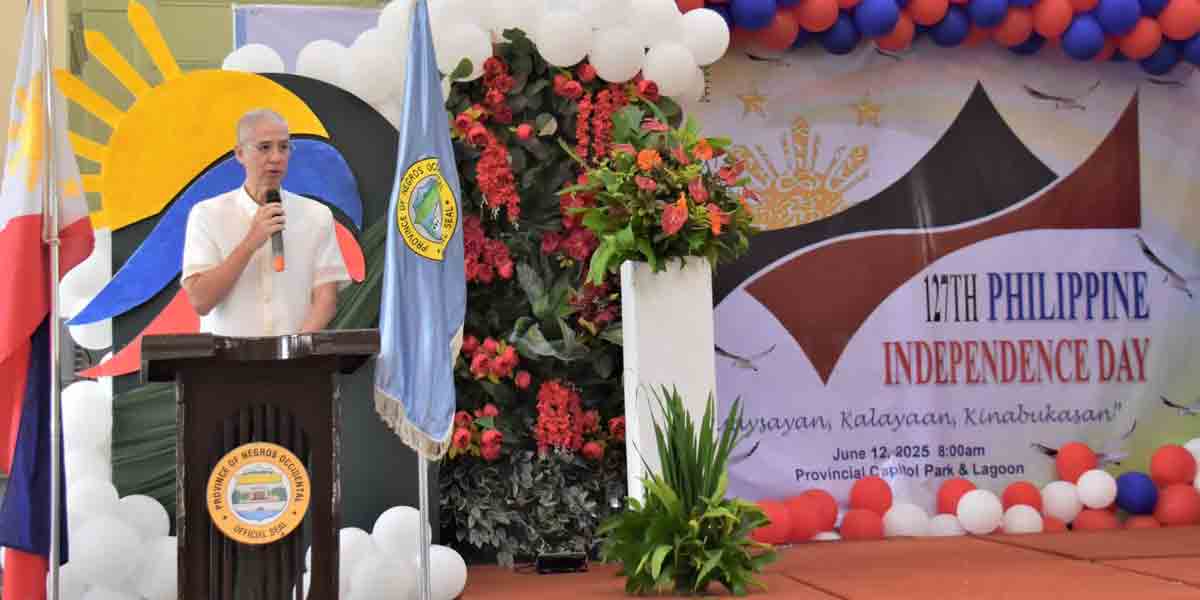By Herman M. Lagon
The conversation surrounding the future of the Catholic Church often circles around vocations. Are there enough priests? Are the young still listening? Cardinal Robert Prevost, now Pope Leo XVI, offered a refreshingly honest take. He said, “It is true that some parts of the world right now… there are fewer vocations than there were in the past. It’s a concern, but I don’t think that it’s a primary concern.” Instead, he pointed to something more fundamental: the way the Church lives its faith, welcomes others, especially the young, and whether it still feels trustworthy. For someone like me who grew up immersed in Catholic education apostolate, his words felt both familiar and unsettling.
To be fair, the Church is not without its heroes. Some of the most selfless, grounded, and kind people I know happen to wear cassocks or habits, or carry rosaries worn smooth by decades of prayer. A nun I met in Mindoro once told me she has spent over thirty years helping women escape abuse—and she says it like it is the most natural thing in the world. A retired lay minister in Iloilo still spends mornings organizing feeding programs and afternoons mentoring teens. These are the stories that deserve more light. But alongside them exist other realities.
There are leaders who speak of humility but act like kings. I remember sitting in a retreat, moved by a priest’s talk on servant leadership, only to see him berate his secretary over a lukewarm cup of tea. I have witnessed officials speak about collaboration, then sideline lay workers when decisions are made. The disconnect is not always loud, but it is persistent. And most people, even the quiet ones at the back pews, notice.
Pope Francis himself has not minced words. In 2021, he called hypocrisy in the Church “particularly detestable.” His critique echoes those of his predecessors, including Pope Leo XIII. The Holy See’s recent comments remind us that young people do not walk away because of doctrine alone—but because what they see often clashes with what they are told.
In our predominantly Christian country, where faith is deep-rooted, this tension is becoming more obvious. The 2021 SWS survey showed that only 41% of Catholic adults attended weekly Mass—down from 64% in 1991. Part of it may be changing lifestyles, but there is something deeper. A growing number of Catholics, especially the young, still believe—but they struggle to trust. They want to serve, but they also want to be heard and treated with respect.
I remember a friend who nearly entered the seminary. He was excited, idealistic. But after some time in discernment, he stepped back. He told me that some interactions left him feeling small—like his questions were a nuisance, not part of the process. “They talked about humility,” he said, “but acted like they were doing God a favor just by talking to us.” His story is not isolated. It highlights how easily the Church can lose potential vocations, not because the call is absent, but because the welcome feels hollow.
This is not about tearing down the Church. It is about being honest. The Church’s power lies not in titles or tradition, but in people who live what they preach. When leaders listen first, apologize when needed, and share their struggles without fear, they create spaces where others can step forward. Where vocations can breathe.
This is not limited to Catholicism either. Other faith communities wrestle with the same issues. There are pastors who demand donations from people who can barely afford meals, teachers who preach social justice while hiding their own contradictions. These are not just failures—they are betrayals. And when they happen in the name of God, the hurt cuts deeper.
Still, the goal is not perfection. As Jesuit Daniel Mascarenhas points out, waiting until one is perfect to preach would mean silence for us all. But there is a way to be real about it. To speak while acknowledging one’s own unfinished story. That is where the message finds weight—not in spotless records, but in open hearts. Even Jesus did not ask Peter if he was perfect. He asked if he loved him, albeit three times.
Pope Leo XVI’s reminder is timely. The Church does not need a PR campaign to fix the vocation crisis. It needs leaders and communities that feel human, not staged. A place where young people can see faith in action, not just in words. A place that feels like home, not a hall of judgment. The seeds of vocation are still here. They just need room to grow.
At the end of the day, this is not only about saving vocations or filling pews. It is about holding onto the Church’s soul. The same Church that weathered centuries of conflict and change is now facing a quieter, but equally serious, challenge. Can it be honest about its own gaps? Can it stay open, not defensive? Because a Church that dares to be humble can still be a Church that heals. And that kind of Church—not perfect, but honest—is the one the world still needs.
***
Doc H fondly describes himself as a ‘student of and for life’ who, like many others, aspires to a life-giving and why-driven world that is grounded in social justice and the pursuit of happiness. His views herewith do not necessarily reflect those of the institutions he is employed or connected with.






















